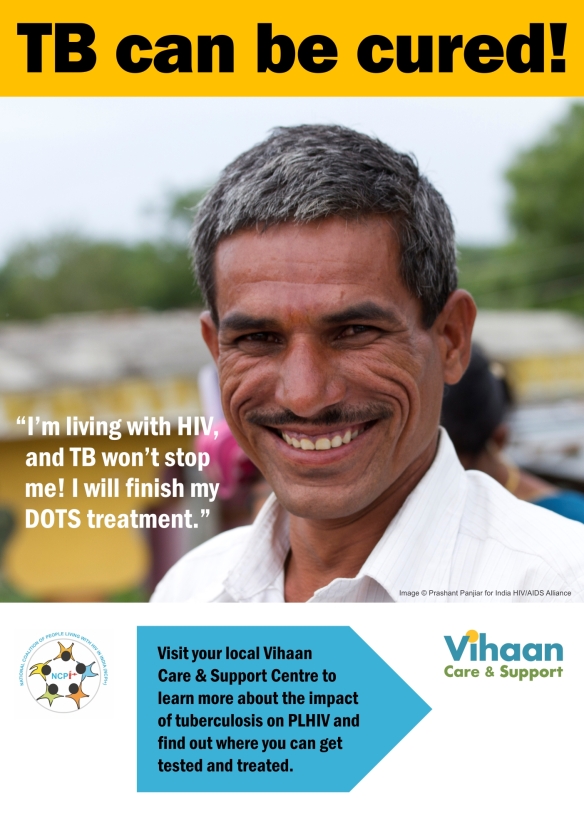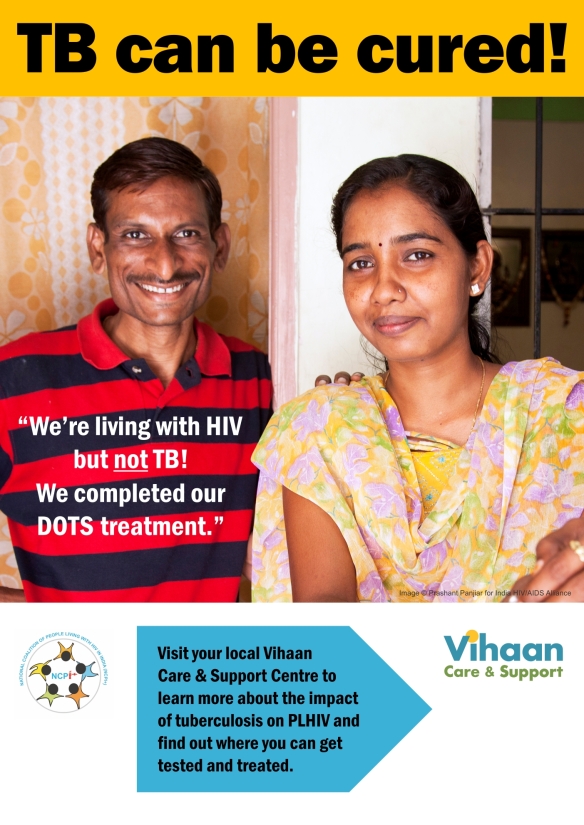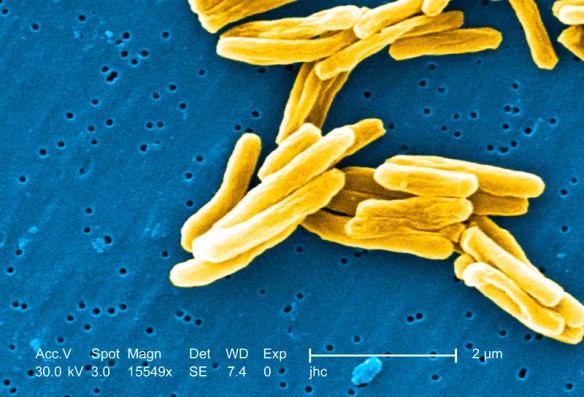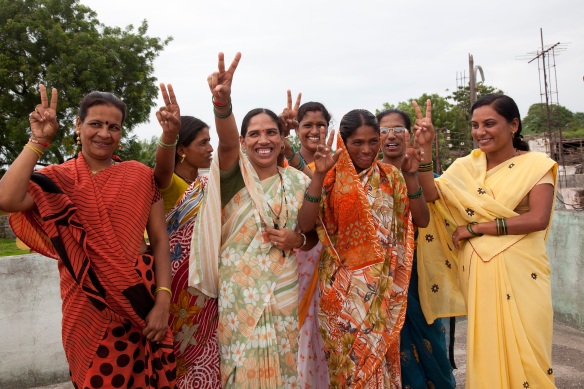
At the World TB Day press conference, representatives from the Department of AIDS Control, Central TB Division, civil society and affected communities discussed the need for early TB testing for PLHIV.
World TB Day is observed every year on March 24th. To mark this occasion, India HIV/AIDS Alliance today joined the Department of AIDS Control (DAC) and the Central TB Division (CTD) to create awareness about the importance of early detection and treatment of tuberculosis (TB) among people living with HIV (PLHIV) and strengthening HIV/TB collaborative activities at all levels.
In collaboration with DAC and with support from the Global Fund, Alliance India implements Vihaan, a care & support programme for PLHIV in 31 states and territories. The programme works with 17 regional and state level partner organisations and is establishing 350 Care & Support Centres across India that will help expand access to services, increase treatment adherence, reduce stigma and discrimination, and improve the quality of life of PLHIV.
Vihaan is actively working to ensure that its frontline workers are supporting a range of HIV/TB collaborative activities in coordination with the district level TB units. James Robertson, Executive Director of India HIV/AIDS Alliance commented, “Vihaan is committed to increasing awareness of TB among the PLHIV served by the programme and, through intensified testing, ensuring that co-infected clients are fully supported to complete the full course of treatment.”
Tuberculosis (TB) is a major concern for PLHIV as their impaired immune systems make them particularly vulnerable to the disease. In spite of this, it remains difficult to persuade PLHIV to undergo testing for TB. The double stigma of TB and HIV often keeps PLHIV from visiting clinics to learn their TB status.
Manoj Pardesi, General Secretary of the National Coalition of PLHIV in India (NCPI+) said, “PLHIV are among the most vulnerable to falling ill with TB. We need to do more to diagnose PLHIV infected with TB and reach out to them with treatment.”
The total number of PLHIV in India is currently estimated at 21 lakh, which is third highest in the world (Source: Annual Report 2012-13, Department of AIDS Control). India is also has the highest TB burden in the world with an estimated 2.2 million new TB cases occurring annually. TB is the most common Opportunistic Infection (OI) among PLHIV in India.
Dr. R.S. Gupta, Deputy Director General, CTD, said at the event, “Regular screening of all PLHIV for TB is utmost important for prevention of TB mortality in this group.”
HIV and TB co-infection can be fatal. It is estimated that nearly 25% of AIDS deaths in India are TB-related. TB infection increases progression of HIV infection to AIDS and contributes to accelerated mortality. In 2007, it was estimated that 4.85% of TB cases in India are in patients who are also HIV-positive. Of more than 100,000 presumptive TB cases identified among PLHIV at ART Centres, more than 20% were found to have TB (Source: TB India 2011-Annual Status Report).
Dr. A.S. Rathore, Deputy Director General, Care, Support and Treatment at DAC observed, “It is important for PLHIV in India to get tested for tuberculosis. A lack of early testing increases morbidity and mortality in HIV/TB co-infected patients.”
Mona Balani, a woman living with HIV, noted that, “In too many cases, detection of TB happens too late. Many PLHIV patients reach treatment facilities at a terminally-ill stage.”
Early detection of HIV/TB co-infection and prompt provision of Antiretroviral Treatment (ART) and Anti-TB Therapy (ATT) are key interventions to reduce mortality in this population. Increased joint action by government and civil society to initiate early detection of TB among PLHIV is an important step toward addressing the challenge of HIV/TB co-infection and improving the health and wellbeing of PLHIV in India.
__________________________
India HIV/AIDS Alliance (Alliance India) is a diverse partnership that brings together committed organisations and communities to support sustained responses to HIV in India. Complementing the Indian national programme, Alliance India works through capacity building, knowledge sharing, technical support and advocacy. Through our network of partners, Alliance India supports the delivery of effective, innovative, community-based HIV programmes to key populations affected by the epidemic.












